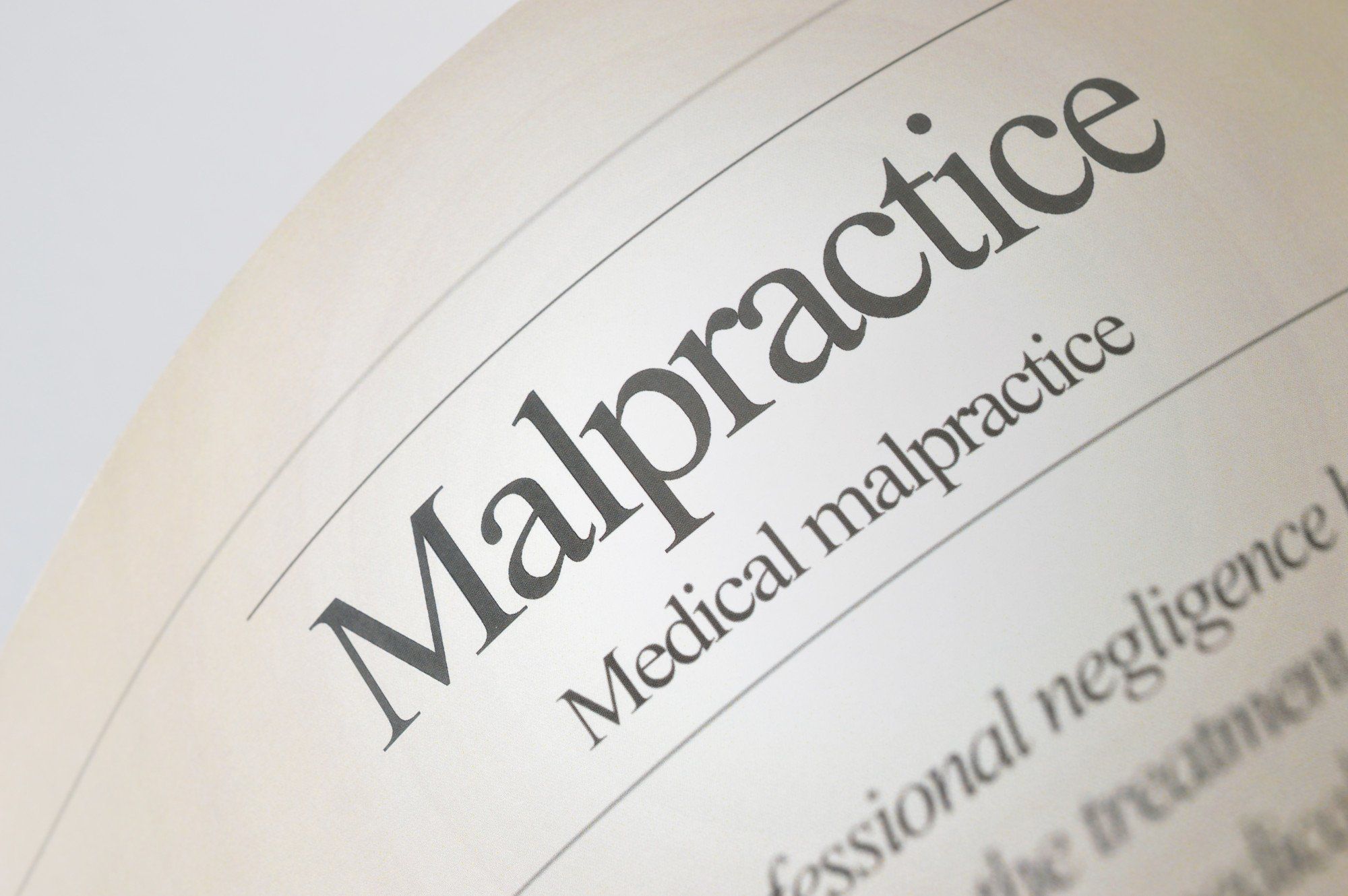
Do I Have a Medical Malpractice Case? | A Simple Guide to the Law
One of the things that makes life complicated is the difference between expectations and outcomes. This is true when fighting in a court of law, and it’s true when visiting a doctor. In both instances, you want the best and sometimes get the worst.
Attorneys spend a lot of time to answer “Do I have a medical malpractice case?” simply because the answer isn’t concrete. Medical professionals have a duty to offer care and do their best, so how can we determine when that hasn’t occurred?
Something clearly needs to be done as medical errors continue to climb and represent the third leading cause of death in the US. Even skeptics of this report see room for improvement and call out the number of errors as unacceptable.
Filing a medical malpractice claim puts pressure on the medical establishment to improve its policies and protect patients harder.
Do I Have a Medical Malpractice Case?
The first step in filing a case is determining if you have a case. As the intro suggested, this isn’t always a simple answer. However, there are a number of things to look for that strongly suggest filing is a plan.
Duty of Care?
There’s a difference between a bystander attempting to aid you in an emergency and a doctor providing care. That difference is in the duty assigned to the person.
Establishing that a doctor has a duty should be easy enough, but within a hospital system, the exact person in charge of your health can get lost in the shuffle.
Breach in Duty?
Once a doctor (or medical provider) has been established to have a duty towards your health, the question becomes, did they breach that duty?
A critical error, such as amputating the wrong limb, or leaving items inside after surgery is simple enough.
You can also argue that misdiagnosis is a breach because it leaves the undiagnosed condition untreated.
Injury as a Result?
Finally, you need to show that an injury occurred because of the breach of duty. The scope of the injury isn’t’ important for filing a case, but it will play a part in damages and restitution sought.
Sometimes it takes time for an injury to become obvious. Always monitor your health during recovery and stay informed on how long recovery should take and what side effects are known.
Remember, defining malpractice isn’t up to the hospitals; it’s up to the courts.
Damages
Damages don’t have to be injury specifically. A deficiency in lifestyle or performance can also be counted. Yes, some loss is expected in a major incident or surgery, but don’t let your expectations undermine the harm.
Filing Rules in NM
The rules for filing a claim of medical malpractice in New Mexico isn’t too different from other states, but it’s always important to know specifics.
The most important change from one state to another is the statute of limitations for you to file a claim. This is covered under New Mexico code, and you can read it here. Generally, you have three years to file a claim with children under six years having extra time, but seek legal advice to determine the applicable time frame.
To make this even broader, the three-year clock starts when it becomes reasonable that an injury should have been noticed. This gives you some time for identifying chronic conditions or late-coming issues such as damage to the pituitary or hormone systems of pre-pubescent children.
Once you’ve identified and injury and are ready to file you need to follow the next steps to give you the best chances of providing your claim and seeking damages in court.
Collect Records
Establishing a timeline of events with fine detail is key. You want to list everything you can recall about conditions before the medical treatment or interaction. Then record everything that came after.
The more meticulous your record-keeping, the more dates, names, and times that can be investigated and cross-referenced for building a case.
In general, it’s good practice to keep a running tally of events for your own records. Even taking notes on just the names of care providers and the hour you spoke to them can improve your case dramatically.
Collect Documents
Next, you want to get physical copies of any and all documents created during the hospital stay. Bills are relatively easy, correspondence with insurance companies we’ll get to in a moment.
You may have problems getting ahold of some internal reports such as records, test results, and hospital memos.
anything you can get, scan and create backups for so that you don’t risk losing the documentation itself. Originals are the best, though, so try to keep information stored securely.
Avoid Official Statements
Regardless of who contacts you (outside of your own attorney), avoid agreeing to make official or recorded statements. Insurance companies will attempt to get you to stipulate information that they will hold as a record. They do this to lock you in on partial knowledge to avoid compensation for the full effects of injuries.
They will also try to get you to break a timeline or say that signs of an injury occurred before the initial hospitalization.
It’s best to be polite but noncommittal in an interview with the hospital records department or insurance provider.
Hiring a personal injury attorney is a great way to defer these issues.
Hire an Attorney
You won’t always feel equipped to make judgment calls on some of the key pieces of establishing if medical malpractice has occurred. You can be certain that you or a loved one has faced an injury and should reach out for help.
Whether or not a doctor had a duty of care is the hardest component of answering, “Do I have a medical malpractice case?” Don’t puzzle it out yourself and seek help if you suspect an injury has occurred.
Contact us for a consultation to learn about your options.
